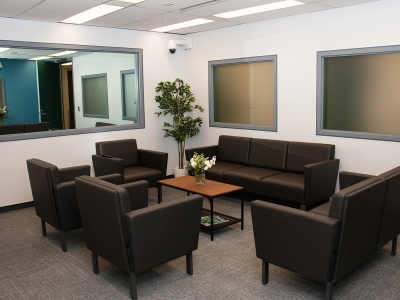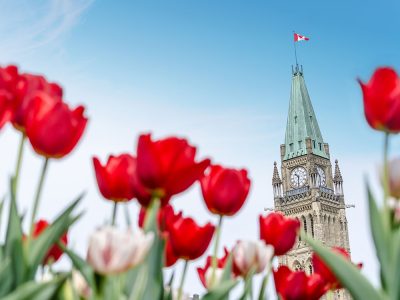By Karen Kelly
In February 2021, Alex Waworuntu was working virtually as a co-op student for Global Affairs Canada when he found himself immersed in an international crisis in real time.
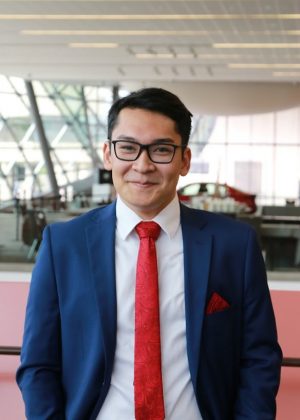
Alex Waworuntu
“I was assigned to the Myanmar development program, which manages development aid, when a coup occurred in the country and turned all of our work on its head,” recalls Waworuntu. “Suddenly policy was being created in the moment—sanctions, condemnations, and redirecting aid.”
The Bachelor of Public Affairs and Policy Management (BPAPM) student would sign in to work at 8 p.m. to meet with Canadian diplomats in Yangon, Myanmar who reported on the situation on the ground. As a result, working virtually wasn’t an inconvenience; it was a necessity.
“At times it was stressful with the number of people dead and the number detained by the military,” says Waworuntu. “We had to think quickly because the development aid had been going to the national government.”
Waworuntu was part of a team that assessed aid organizations for their financial viability, risks, and proposals. While he finishes his degree, he continues to work for Global Affairs Canada on a part-time basis, focused on the government’s response to the Rohingya crisis in Myanmar.
Waworuntu’s experience is just one example of how traditional experiential learning has been upended during the COVID-19 pandemic. In FPA, staff and faculty members have met the challenge with creative revamps of existing opportunities and inventive new ones, as well.
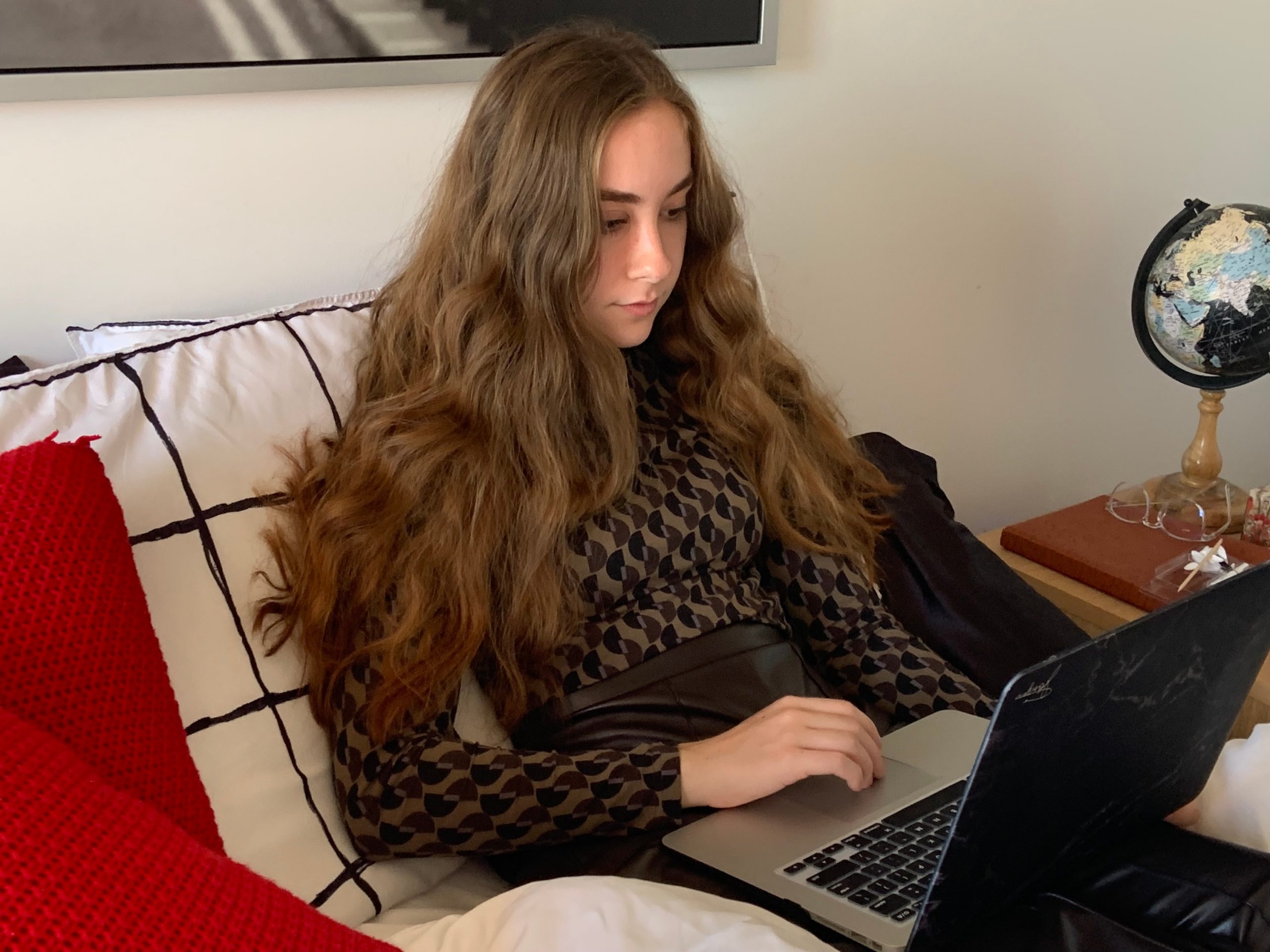
Pascale Malenfant
In the School of Journalism and Communication, Pascale Malenfant is one of about 20 students who’s keeping the School’s Capital Current newsroom running full-tilt from home.
“Working remotely has taught me how to visually represent a story in a creative way when you can’t meet in person,” says Malenfant, who uses audio and video clips as well as interactive graphs in her stories. “We’ve learned a completely different set of skills because we’ve had to adapt. It’s been a privilege to learn it in this educational environment.”
For the past two summers, 35 newsroom jobs were funded by a budget set aside for the school’s annual trip to Rwanda, which was canceled. Professor Randy Boswell oversaw the newsroom during the summer of 2020, which included students in the Bachelor of Journalism and Bachelor of Media Production and Design programs.
“Sentences still need to be written; sources need to be reached; data has to be crunched: all of the fundamental elements of journalism still need to happen,” explains Boswell. “They had to adapt and find new ways to accomplish the task and that will enhance their reporting in the future.”
A New Kind of International Experience
One of the requirements for students in the Bachelor of Global and International Studies (BGInS) is to pursue an international experience. In a typical year, they either work, intern or study abroad, or forge an international partnership virtually from the Carleton campus.
Once international travel stopped, the BGInS team quickly began reaching out to their partners, arranging virtual internships and courses for their students.
“Unlike many global and international programs across the country, the BGInS program was able to pivot to virtual experiential learning during the pandemic,” says program director Neil Gerlach. “Our main option is virtual work placements where students are hired by overseas employers to work in NGO, government, and business organizations. Since the summer of 2020, 93 BGInS students have done virtual placements.”
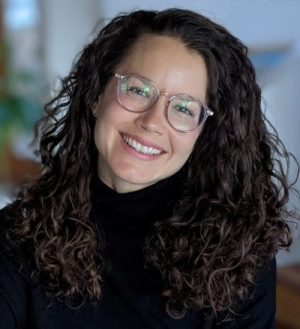
Marylynn Steckley
BGInS also offers an online experiential learning course that typically provides an international experience for students who are unable to travel. During the pandemic, Professor Marylynn Steckley created a syllabus entitled, “Craft: A Global Social Relation,” which connected students with artisans around the world. It was described as an exploration of “scholarly approaches to craft—historical roots, political relevance, gendered, race and class dimensions to unpack how “craft” relates to identity, othering and belonging.”
“This course took them around the world. They made sushi, learned Bengali, practiced dance, did yoga, and made art,” recalls Steckley. “We considered these activities through analytical and cultural lenses, but we also bonded with the creative instructors and each other.”
Unexpected Advantages
While a virtual international experience may be less exciting, Steckley points to a couple of advantages to the online approach. First, she notes the environmental benefits of reducing air travel. Secondly, she would like to see all students working on an even playing field in terms of international opportunities.
“There is a prestige associated with being able to travel abroad because students need access to wealth,” notes Steckley. “This period of virtual learning has shown that we can offer meaningful quality pedagogy in virtual contexts that is inclusive of everyone.”
Professor Sean Burges, who finds international opportunities for students outside of BGInS, also recognizes the advantages.
“When the pandemic hit, we talked to our partners and said we can probably do this stuff virtually,” says Burges, who teaches a course that complements the international experiences. “It’s opened up the whole process to a group of students who couldn’t pay for the travel.”
Examples include students who are working on translation work for legal firms, advanced design work for design studios, and social media content creation—all of it international.
“They are getting a different experience virtually and learning to manage things that a lot of people can’t do until five to eight years into their career,” says Burges. “Because they are working with people in, say, the UK or Spain, they have to organize their day differently and keep track of what’s going on. At the same time, there’s the cross-cultural learning.”
Even if life goes back to “normal,” Burges suspects that virtual international experiences are here to stay.
“I think the lesson from COVID is that we need two courses: one that involves travel and one that is virtual,” says Burges. “I suspect our hand will be forced by student demand.”
More Opportunities in the Faculty of Public Affairs
Whether it’s a paid placement or co-op, an internship, or a course, students throughout the Faculty continue to have opportunities for hands-on learning. Here are a few examples from the past year.
Communication and Media Studies
Payton and her classmates in COMS4506: Event Management and Community Partnerships contributed their skills to Ottawa’s CityFolk ’21 music festival under the guidance of their instructor, Liam Mooney. He’s the CEO of Jackpine, a boutique design and branding agency in Ottawa.
“Students travelled to Lansdowne Park, participated in the festival’s production meeting, and had a sit-down conversation with Nathalie Laperierre, the director of CityFolk sponsorship, to discuss the ins and outs of festival and event planning, from marketing and partnership development to sponsorship and risk management,” wrote Ruth in a blog about the experience. The Communication and Media Studies students are now working with CityFolk to develop proposals for the 2022 festival next September.
Criminology and Criminal Justice
Criminology’s competitive field placements have continued throughout the pandemic, with a combination of virtual, in-person, and hybrid opportunities. Students are gaining hands-on experience in various fields such as distress centres, working with victims, policy change, youth support agencies, research initiatives, crime prevention strategies and probation.
Carleton University Research Opportunity
The Carleton University Research Opportunity (CUROP) is a summer undergraduate research internship in which students collaborate with a faculty member on a research project of their choice. The summer 2021 projects included research on the rights of refugees, environmental issues, parental leave, and privacy, among others.
Economics
Each year, Economics Professor Raúl Razo-Garcia chooses five students from his Macroeconomic Policy Analysis and Applied Econometrics class to represent Carleton in the Bank of Canada’s Governor’s Challenge.
The contest is “a simulation of the monetary policy decision-making process in which students play the role of advisors to the Bank’s Governing Council.” They analyze, forecast economic developments, and recommend whether the Bank’s interest rate should be changed within the current context.
“There were days when the team and I were connected virtually for 12 hours straight working on the presentation,” says Razo-Garcia. “Their efforts were reflected in the first round of the Challenge in 2020 when our team was one of five selected to move on to the national final.”
In February 2021, the team presented their monetary policy recommendation to the Governor of the Bank of Canada, Tiff Macklem. This year’s team just received word that they have been accepted to the final and will have another chance to compete for the title in Winter 2022.
Political Science
As the working world shifted to online operations, Political Science students successfully followed that shift with online co-ops and internships. They completed virtual co-ops with organizations such as the Institute for Liberal Studies as well as the federal government.
Other students found internships with the Canadian HIV/AIDS Legal Network as well as Abacus Data, whose CEO, David Coletto, is a Political Science alumnus.
Social Work
While Social Work students are required to complete a practicum, the lockdown of health care, social services, and other facilities during the pandemic presented a challenge. In response, the School created a combination of virtual and in-person placements with different learning opportunities.
“We have had students delivering virtual counselling and support services, engaging in research, resource development, and policy development,” explains Brooke Eagle, the Bachelor of Social Work practicum coordinator. “For example, students were able to virtually support women fleeing abuse by helping with moves and systems navigation.”
Eagle says the pandemic has offered a unique learning experience. Students developed an understanding about the needs of individuals, groups and communities in the pandemic context as well organizational challenges, such as evolving public health guidelines.
Wednesday, December 1, 2021 in Featured, FPA Voices, Students
Share: Twitter, Facebook
